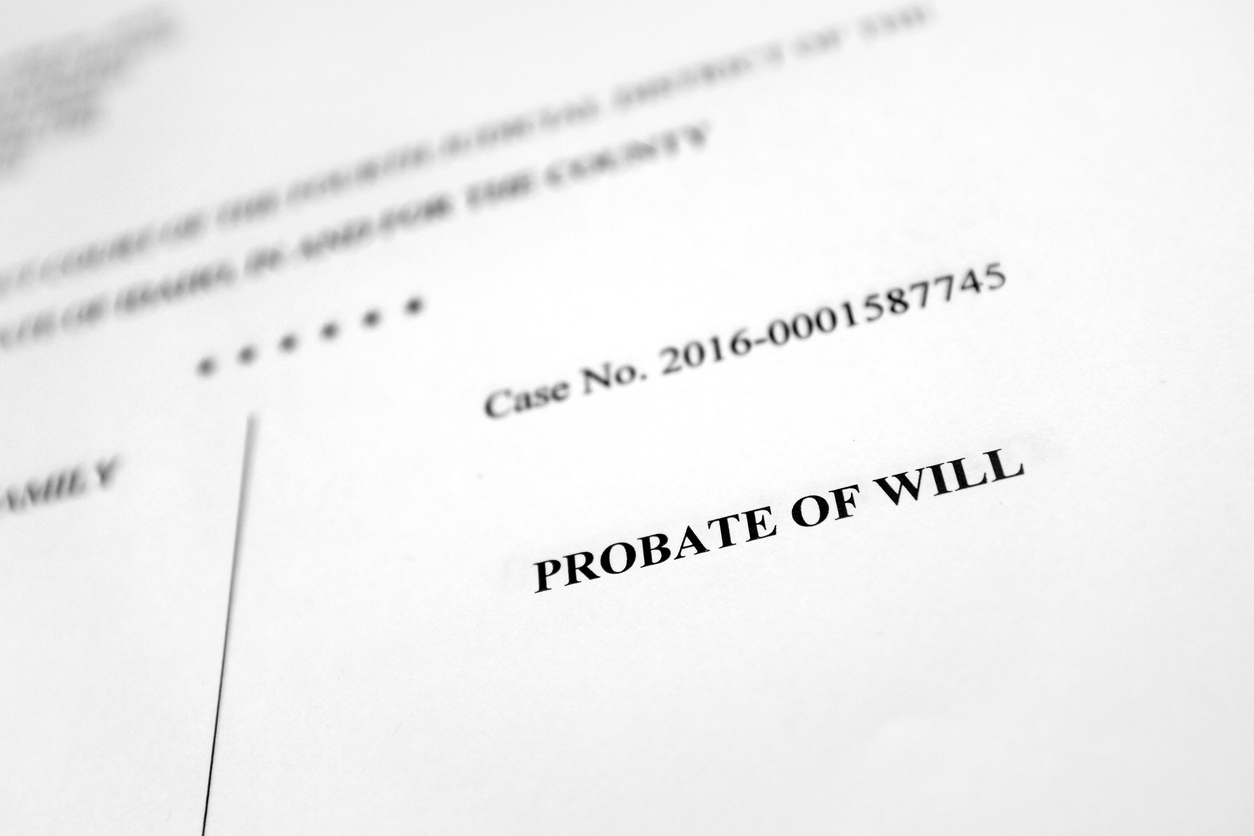Yes, Millennials, You Need a Will Too

A Power of Attorney can be granted to one or more people you select to make decisions on your behalf regarding your personal care or your property and financial affairs. As part of your estate planning, we will help you address all the pertinent issues so your designated representatives can act with confidence in carrying out your wishes and acting in your best interes
There are several important considerations when selecting your Power of Attorneys including the selection of the right individual(s) and establishing the scope of their powers.
Should you become incapacitated, your designated Attorney for personal care will be authorized to make decisions on your behalf regarding your personal care. These decisions can include issues such as your healthcare, nutrition and safety. Often referred to as a living will, your Attorney for personal care can also provide a legal binding direction to medical staff should ‘heroic’ efforts be required in life threatening circumstances.
A power of Attorney for property provides one or more people with the authority to make decisions on your behalf regarding all your financial affairs. This is particularly important should you become incapacitated. However, it can also be used at any time, regardless of your capacity, should you require someone to manage your finances. This is often used by people who travel regularly for extended periods. Naturally, great care must be taken when selecting an Attorney for property to ensure your assets are managed appropriately.
To speak with one of our estate planning lawyers about creating powers of attorney to act on your beheld, please contact us.
If you would like to discuss the benefits of establishing Powers of Attorney for your personal care and property, we’d be pleased to discuss with you the options and considerations for your needs.


